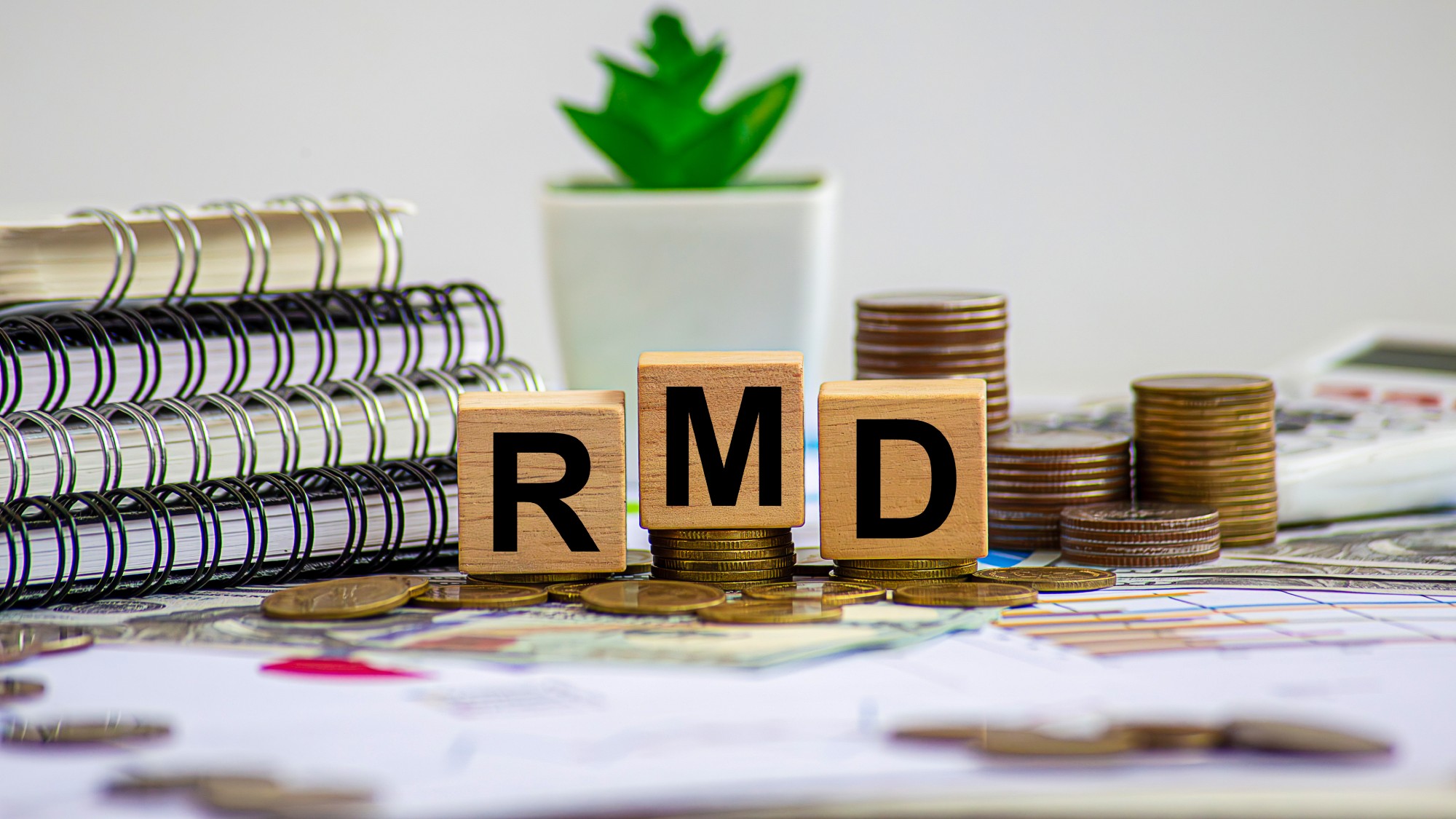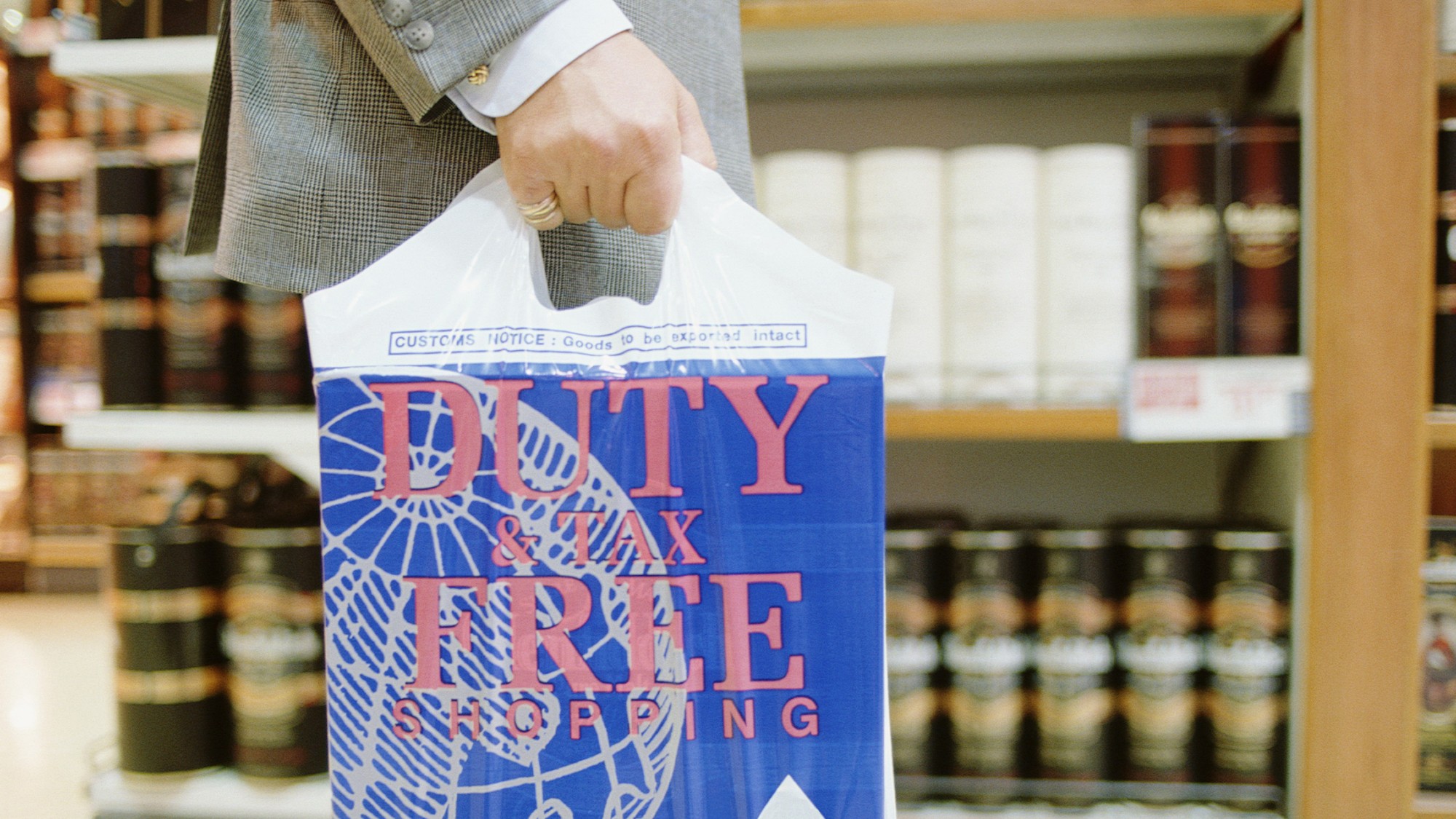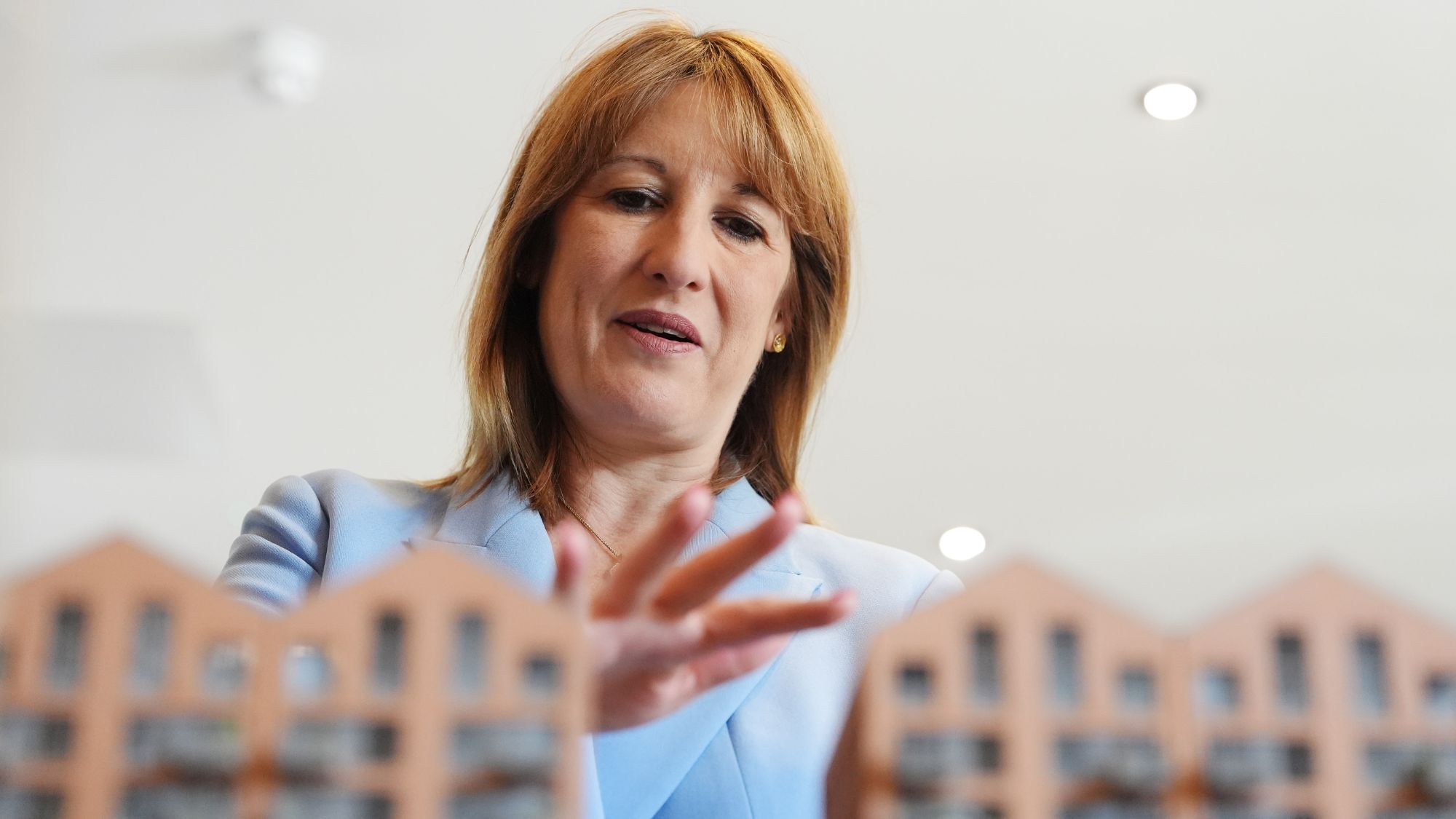The taxes Labour could raise to plug spending shortfalls
Chancellor Rachel Reeves has warned Labour inherited a 'black hole' spending gap from the Tories

A free daily email with the biggest news stories of the day – and the best features from TheWeek.com
You are now subscribed
Your newsletter sign-up was successful
Rachel Reeves has warned she needs to make "tough decisions" to restore economic stability to the UK, and that could include tax rises.
Speaking to Parliament this week to outline the spending inheritance left by the previous Tory government, the chancellor highlighted £22 billion of "unfunded and undisclosed" costs.
She outlined a range of measures to curb spending, such as scrapping certain rail and road projects and restricting winter fuel payments to poorer pensioners, saying "if we cannot afford it, we cannot do it".
The Week
Escape your echo chamber. Get the facts behind the news, plus analysis from multiple perspectives.

Sign up for The Week's Free Newsletters
From our morning news briefing to a weekly Good News Newsletter, get the best of The Week delivered directly to your inbox.
From our morning news briefing to a weekly Good News Newsletter, get the best of The Week delivered directly to your inbox.
Her words could "pave the way for a tax-raising autumn Budget" on 30 October, said the Financial Times.
Labour promised not to raise taxes on "working people" in its general election manifesto, said The Guardian, ruling out increases in income tax, VAT, National Insurance and corporation tax.
The government has already confirmed that it will add VAT to private school fees. Here are some other taxes that it could still increase.
Capital gains tax
Capital gains tax (CGT) is charged on the sale of assets such as shares and funds outside an ISA or additional properties.
A free daily email with the biggest news stories of the day – and the best features from TheWeek.com
The current rate for higher-rate taxpayers is 20% for profits above £3,000 from investments or 24% for additional property sales that aren’t your main residence.
This is "far lower" than the higher income tax rate of 45%, said The Telegraph, and Reeves has been "careful not to rule out increasing CGT".
One proposal is to bring it in line with income tax, added the newspaper, which could raise £16.7 billion a year, but it doesn't account for how it would affect tax planning, meaning people may hold on to rather than sell assets.
Inheritance tax
Inheritance tax (IHT) is charged at 40% on the value of an estate above £325,000 when someone dies.
A "number of tweaks" could bring in revenue for the government, said The Times, such as increasing the IHT rate.
The tax is also "littered with exemptions", said the Institute for Fiscal Studies, such as business relief and passing on pensions tax-free, which could be restricted by the government.
Pension tax relief
Labour is reviewing the pensions market and could look at "radical reforms to pension tax relief", said This Is Money.
This could mean restricting the relief on contributions at 20% rather than the 40% or 45% higher and additional rate taxpayers receive.
Replacing higher and additional relief with a flat rate of 30% could raise £2.7 billion annually, according to the IFS.
But reforming tax rules "could prove challenging", said MoneyWeek, as it would involve "dismantling public sector schemes” and could “discourage pension saving".
How to prepare for a potential tax raid
You may want to sell additional property or investments "sooner rather than later", said RTS Financial Planning, if you were planning to sell anyway.
If you are worried about inheritance tax, making use of your gifting allowances to bring down the value of your estate can also "reduce tax liabilities", said Hargreaves Lansdown.
Any changes to pensions could be "years away", said MoneyWeek, but it still makes "good financial sense" to save as much as you can, while "potentially cutting your income tax bill too".
Marc Shoffman is an NCTJ-qualified award-winning freelance journalist, specialising in business, property and personal finance. He has a BA in multimedia journalism from Bournemouth University and a master’s in financial journalism from City University, London. His career began at FT Business trade publication Financial Adviser, during the 2008 banking crash. In 2013, he moved to MailOnline’s personal finance section This is Money, where he covered topics ranging from mortgages and pensions to investments and even a bit of Bitcoin. Since going freelance in 2016, his work has appeared in MoneyWeek, The Times, The Mail on Sunday and on the i news site.
-
 The ‘ravenous’ demand for Cornish minerals
The ‘ravenous’ demand for Cornish mineralsUnder the Radar Growing need for critical minerals to power tech has intensified ‘appetite’ for lithium, which could be a ‘huge boon’ for local economy
-
 Why are election experts taking Trump’s midterm threats seriously?
Why are election experts taking Trump’s midterm threats seriously?IN THE SPOTLIGHT As the president muses about polling place deployments and a centralized electoral system aimed at one-party control, lawmakers are taking this administration at its word
-
 ‘Restaurateurs have become millionaires’
‘Restaurateurs have become millionaires’Instant Opinion Opinion, comment and editorials of the day
-
 What to know before filing your own taxes for the first time
What to know before filing your own taxes for the first timethe explainer Tackle this financial milestone with confidence
-
 3 required minimum distribution tax mistakes to avoid
3 required minimum distribution tax mistakes to avoidThe Explainer Missteps in making withdrawals from tax-advantaged retirement accounts can cost you big
-
 How the clock change could impact your finances
How the clock change could impact your financesThe Explainer The winter months can be more expensive but there are ways to keep your costs down
-
 Is duty-free shopping worth it?
Is duty-free shopping worth it?the explainer How to determine whether you are actually getting a good deal
-
 What the 2025 Autumn Budget could mean for your wallet
What the 2025 Autumn Budget could mean for your walletThe Explainer Chancellor Rachel Reeves will reveal her latest plan to balance the nation’s finances in November
-
 What taxes do you pay on a home sale?
What taxes do you pay on a home sale?The Explainer Some people — though not many — will need to pay capital gains taxes upon selling their home
-
 Clean energy tax credits are going away. Here's how to get them before it's too late.
Clean energy tax credits are going away. Here's how to get them before it's too late.The Explainer Trump's recently passed megabill promises the early demise of clean energy tax credits
-
 How will the new tax deductions on auto loans work?
How will the new tax deductions on auto loans work?the explainer Trump's One Big Beautiful Bill Act introduced a tax deduction on auto loan interest — but eligibility for the tax break is limited